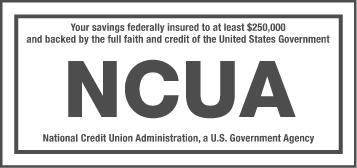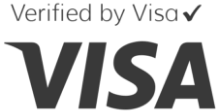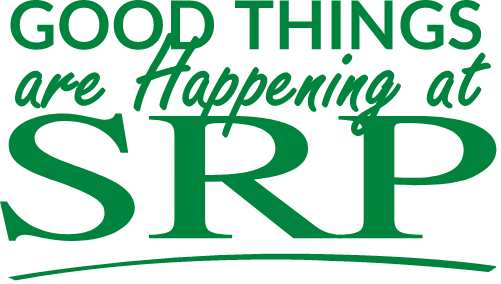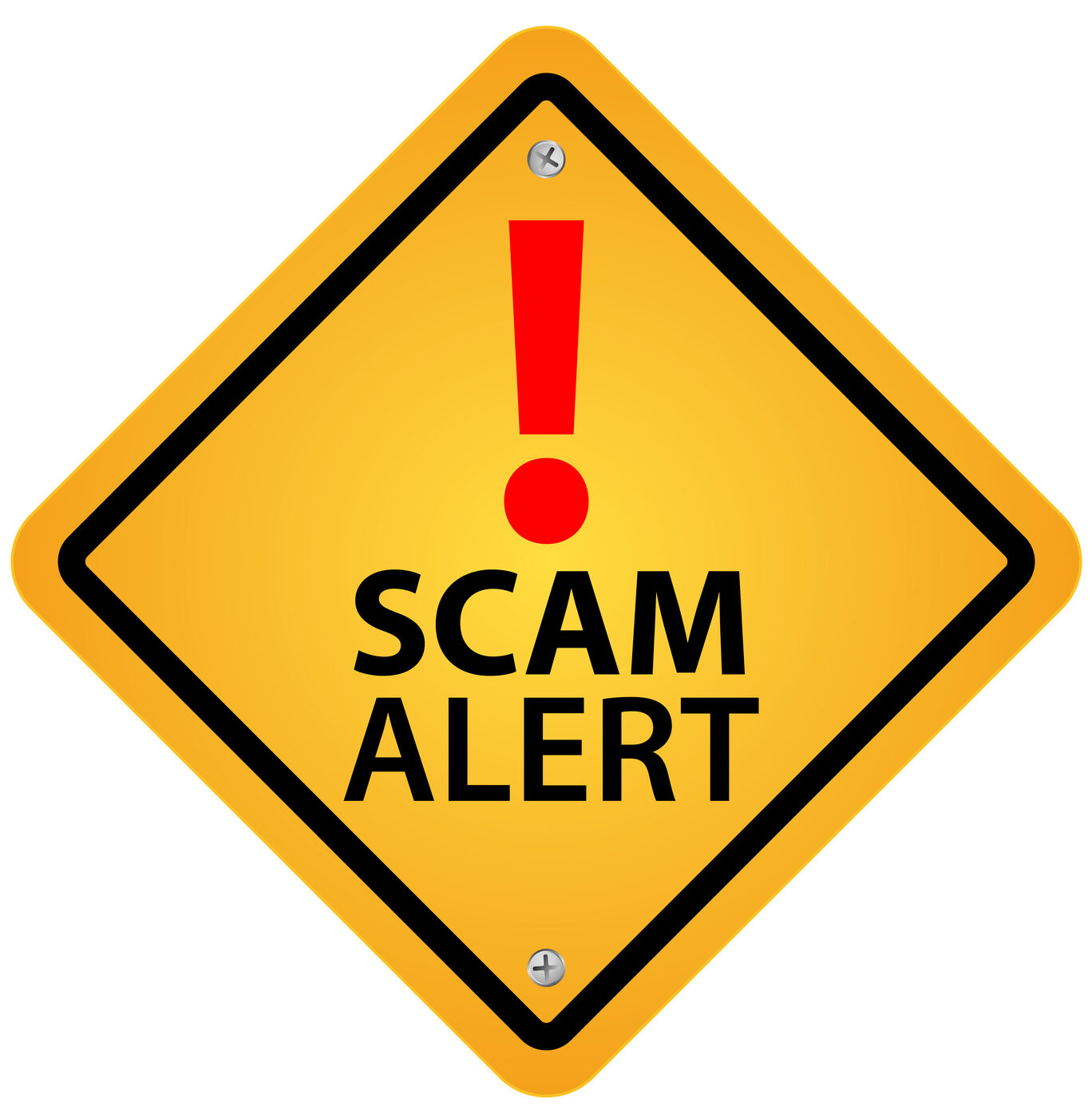
After Disaster Scams
posted on
October 22, 2024
Many of us living in the CSRA are still experiencing the aftermath of Hurricane Helene. It was a devastating storm that has changed the landscape of our community. A few weeks have passed, and some are still without power and or internet. Trees and branches have been pushed to roadsides where possible, but there’s some cables and wires still lay in roadways. Some businesses have opened while some have not. Thankfully, volunteers and workers from other states have come to Georgia and South Carolina to bring supplies and lend a hand. Communities have come together through the turmoil.
However, as unfortunate as it is, there are always those who try to take advantage of individuals who are in crisis situations. At SRP, we know you have had enough to deal with over the last several weeks to have to worry about fraud and scammers too. Below is information to help protect yourself through what may have already been a trying time. We’re here to help.
Tips on how to safeguard against fraud and scams post-natural disasters:
- Scammers will go door-to-door targeting people affected by storms. They also text, call, or try to reach you any way possible to promise you aid quickly. Never give out your personal information without confirming the legitimacy of the person who is contacting you. If possible, work with local businesses. Check their references – it may even be someone you know.
- Government workers are required to carry official identification and produce it when someone asks to see it. The worker will never charge you to fill in government forms, and if you are unsure the identification is real, just get their agency’s phone number. You can always call directly to see if this person works there.
- FEMA Disaster Survivor Assistance (DSA) crews, housing inspectors and other officials will work in areas affected by storms. If an inspector comes to your home, and you didn’t apply, your information may have been used without your knowledge. Do not give FEMA representatives your personal financial information. (Report scams immediately to 866-720-5721).
- You will get many requests for donations after disasters. Do your research. There are charity reviews online, charity reports, ratings with the Better Business Bureau and state regulators for charities.
- Scammers spoof organization’s phone numbers, so don’t always believe your caller ID. If you wish to donate to a charity, you should verify the phone number yourself and call them directly. If someone calls you and starts pressuring you to donate, it could also be a scam. Once again, contact the charity directly to donate.
- Never click on links from sources you are not familiar with. This could be an attempt to download malware onto your device.
- Remember, SRP or any financial institution, will never call and ask for your passwords or financial information.
Hopefully, you find these tips to be helpful as you navigate your way through the aftermath of the storm. We hope you and your families are safe and well.
This article is for informational purposes only. SRP is federally insured by NCUA.
